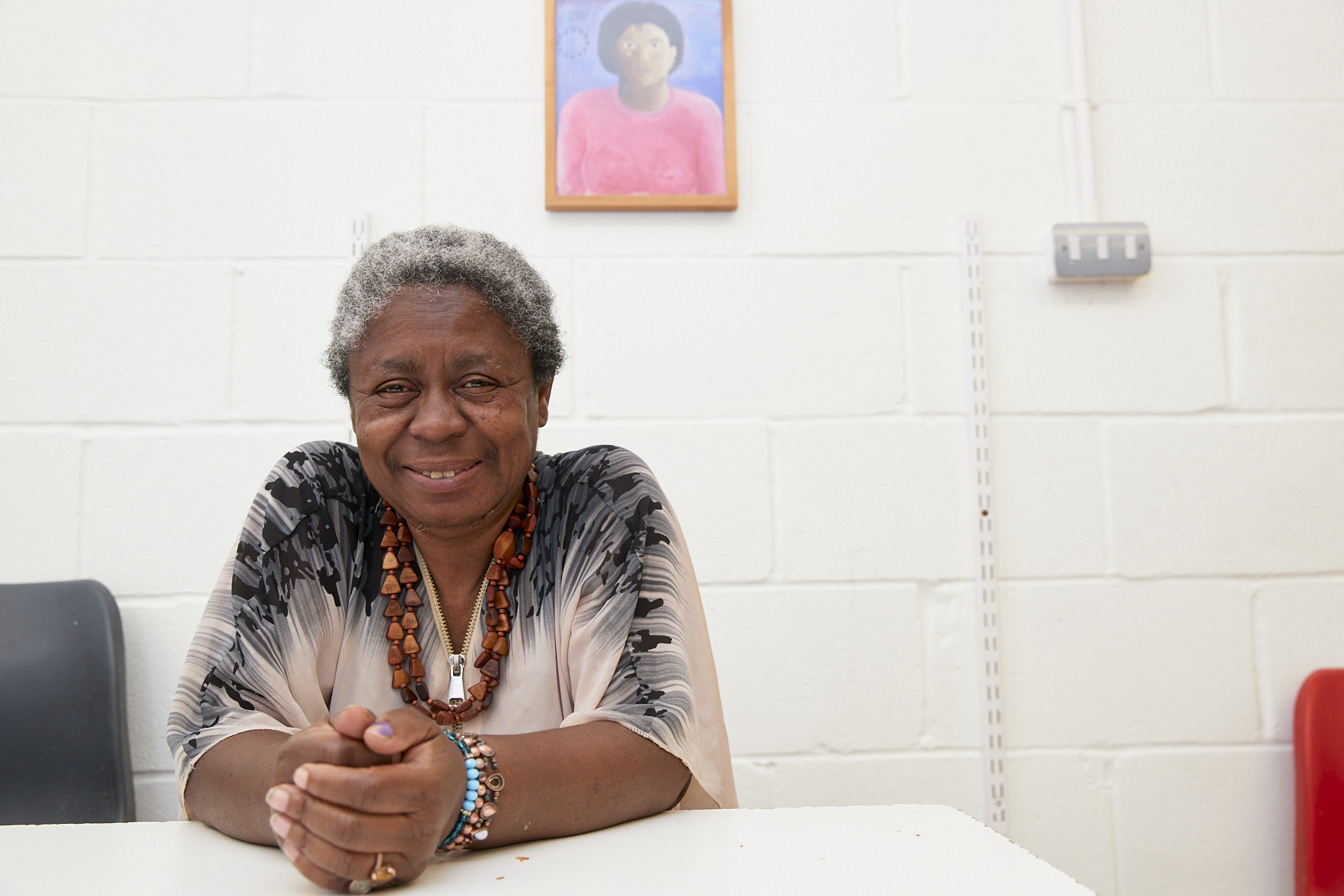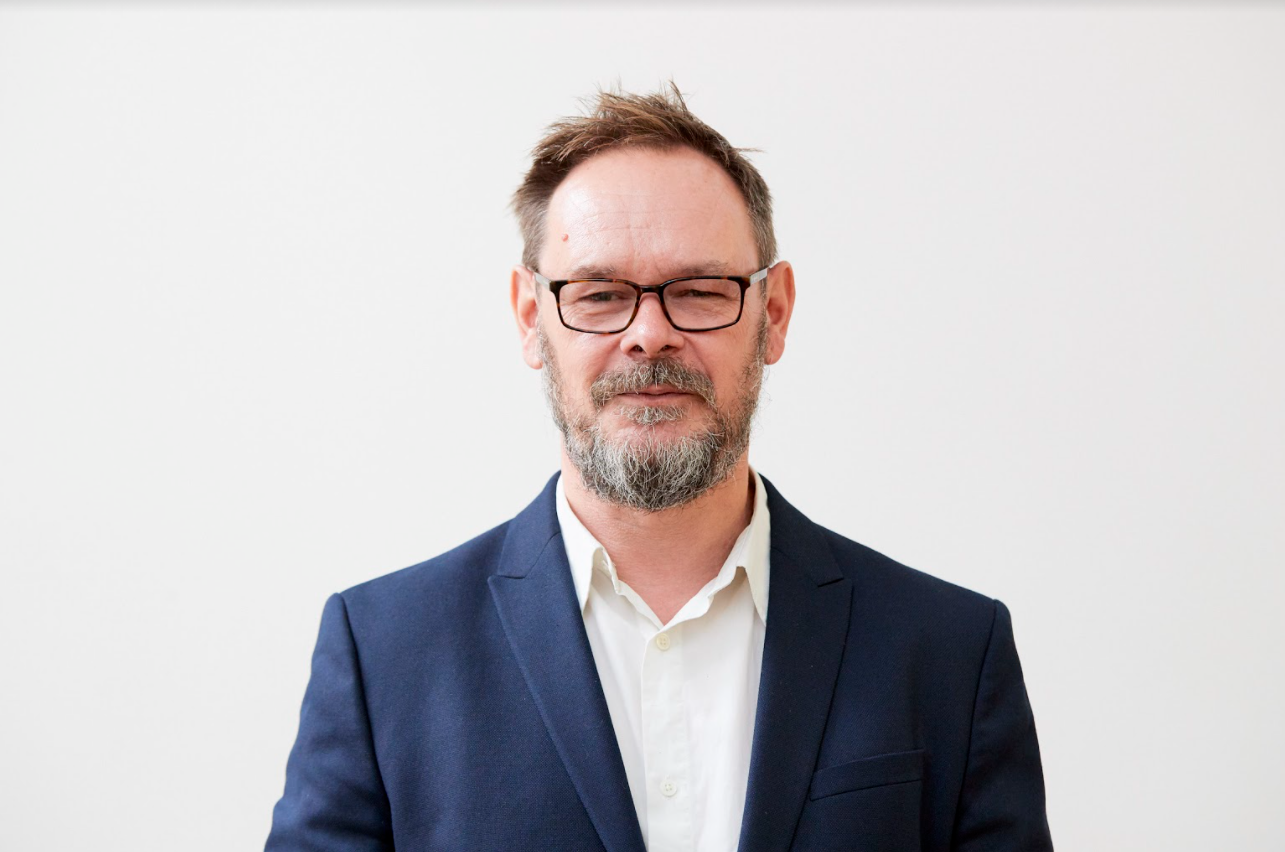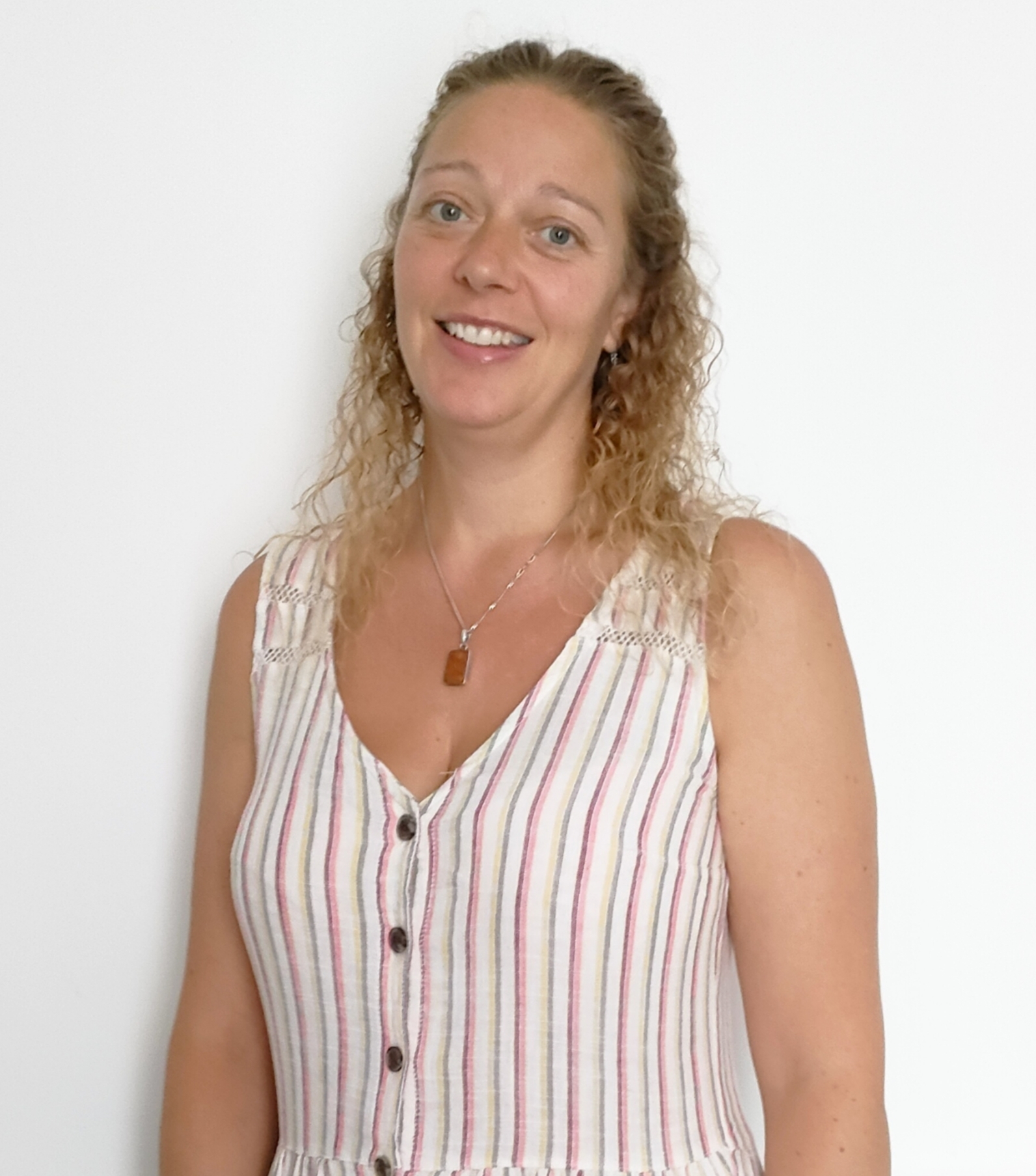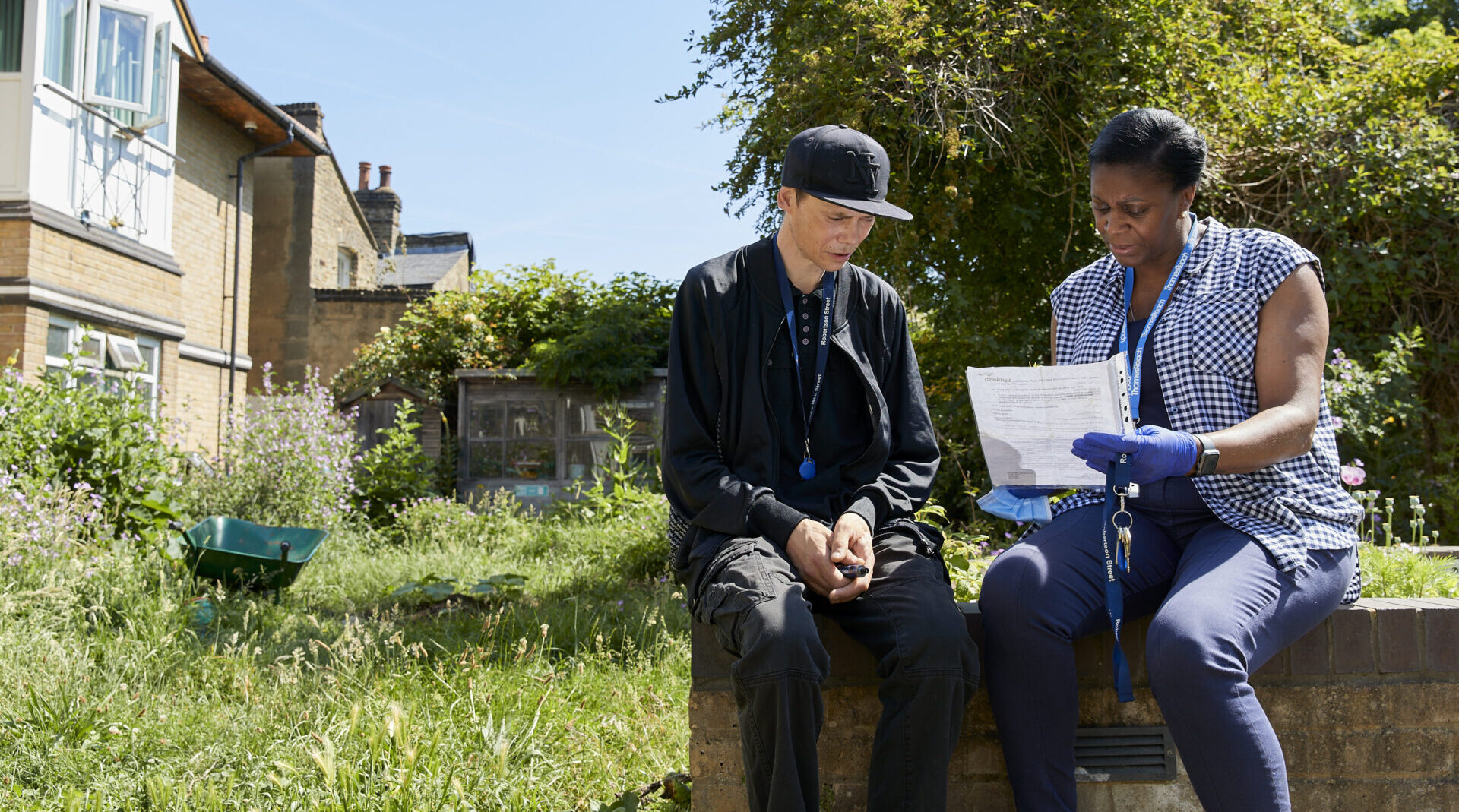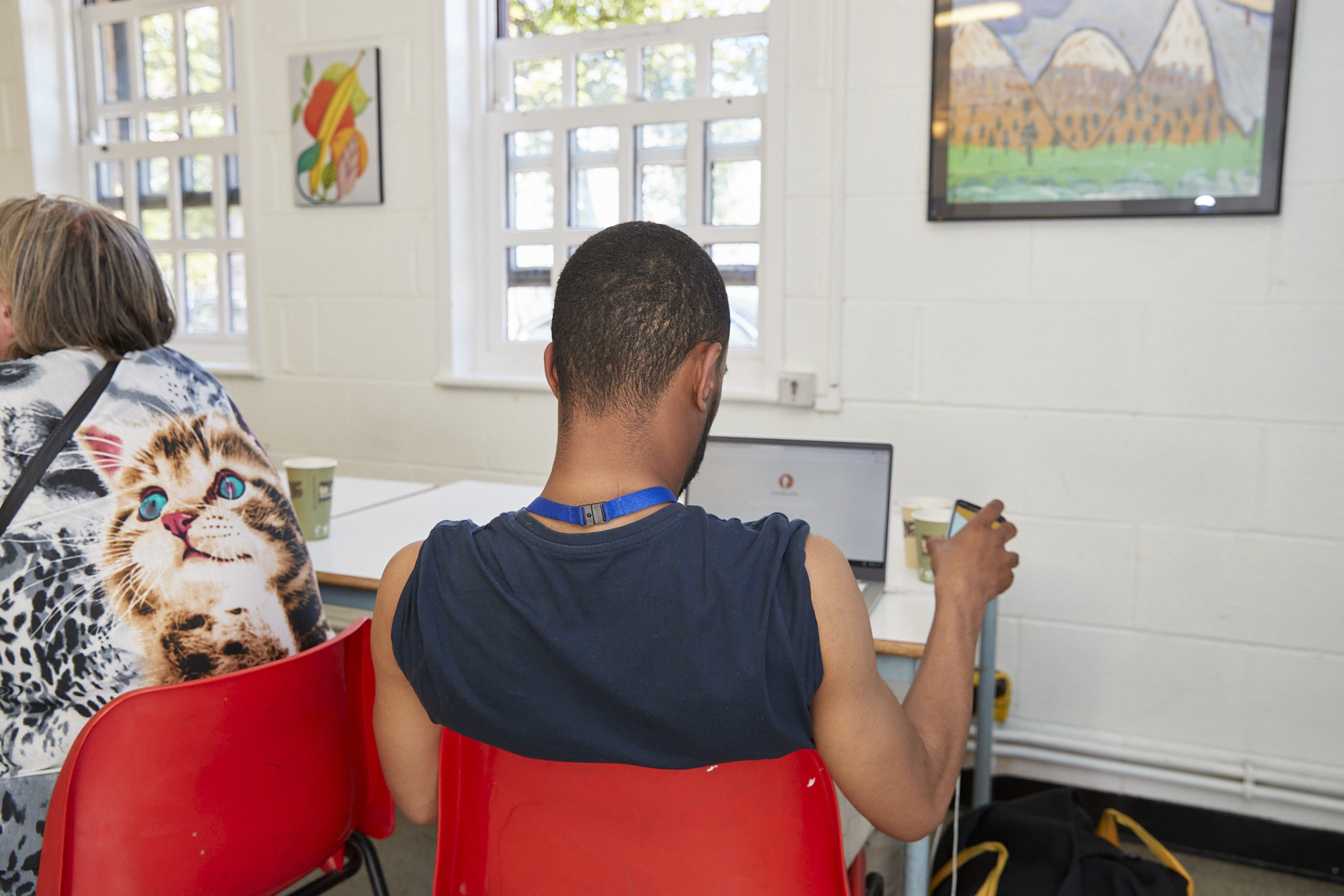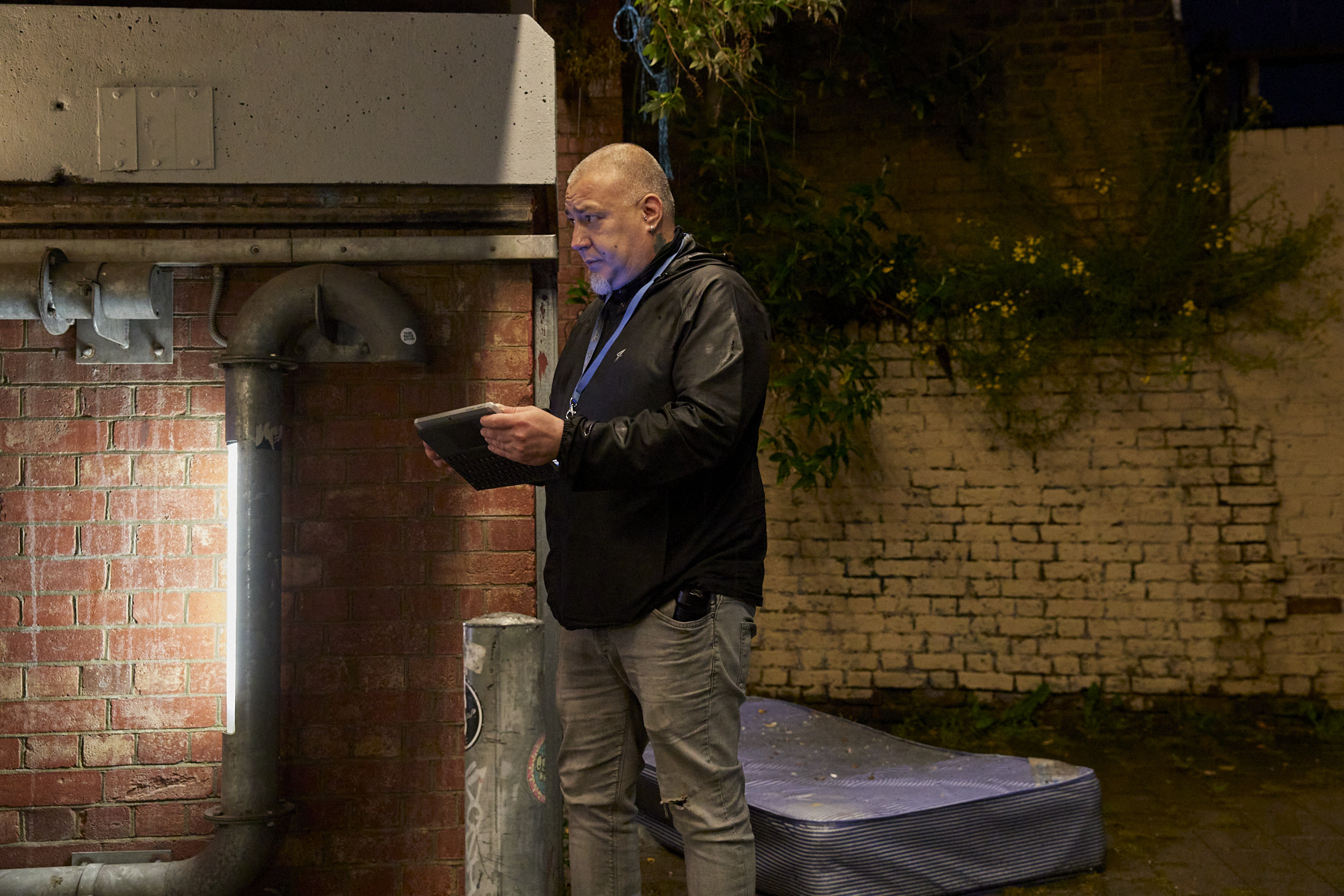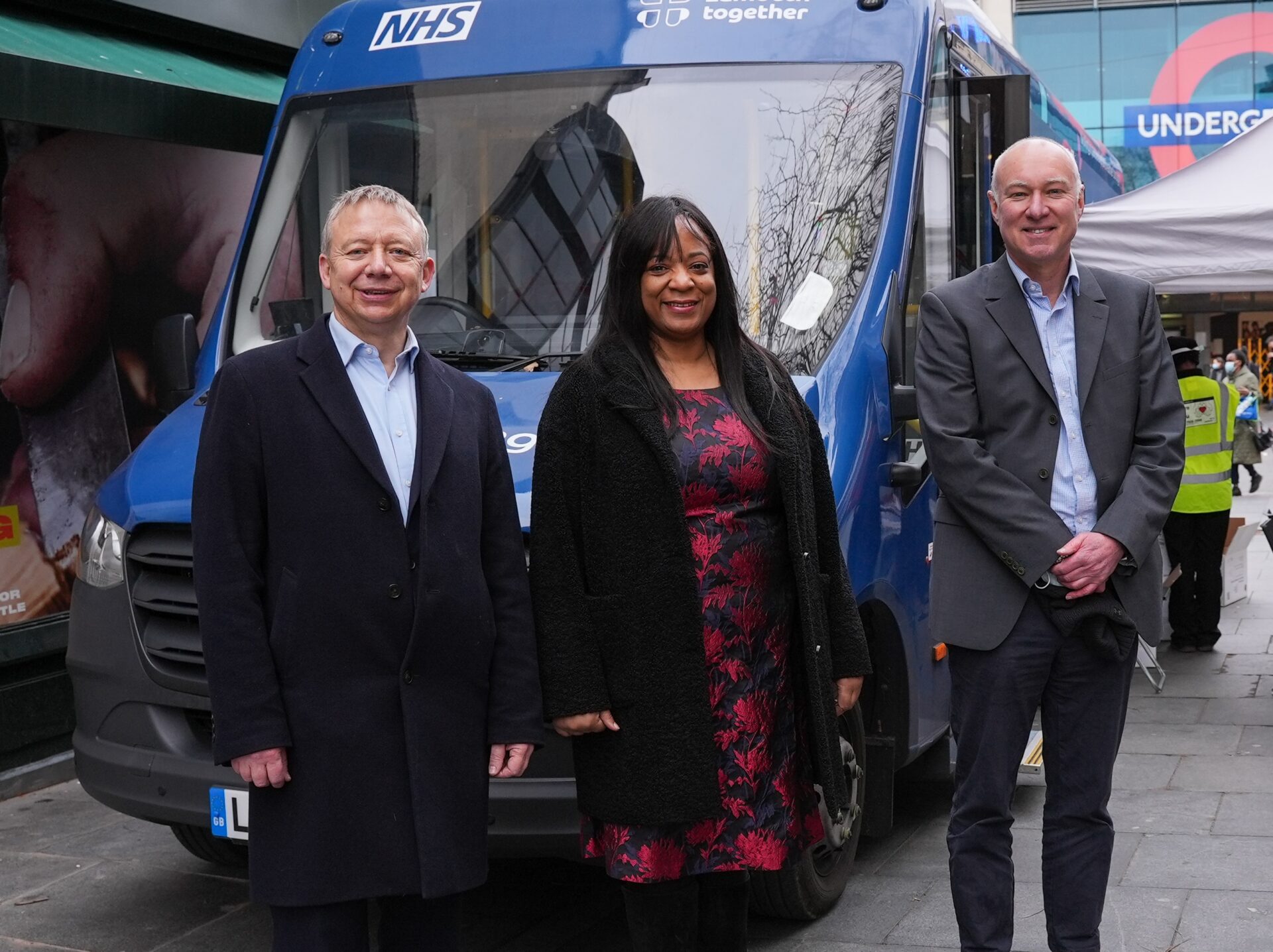Layla’s story
Layla has been helped back into work with the help of the Lambeth IPS team

Layla has been receiving support from the Lambeth IPS (Individual Placement and Support) team, who are a part of Thames Reach in our collaboration with the Lambeth Living Well Network Alliance.
Layla has been living in Lambeth for several years, and was referred to the IPS service in late July, with an assessment done by the team two days later. At the time of the referral, Layla was out of work and looking to get back into full-time employment. The role of IPS is to work with people who have used mental health services in the borough who want to return to employment, or enter it for the first time.
Having graduated with a degree in media, the first piece of advice from the assessment was to boost her LinkedIn profile to become more visible to recruiters. A support worker in the IPS team worked with Layla to show her how to optimise her time on the platform and make connections, which is a vital tool to being seen by recruiters online.
Layla met with her support worker every week for at least two hours, where she was helped to apply for around fifty job vacancies in the industry she has trained in, looking at jobs in film and the media, using online job boards and resources.
She eventually found a role she was particularly keen on, a production controller. A recruiter had engaged with her through LinkedIn because he liked her profile. The first intervention of working on Layla’s LinkedIn profile was very valuable and had a positive outcome of helping her back into employment.
Her support worker is providing regular support now Layla is back in work, as her mental health makes her feel distress in certain environments. The team have worked in collaboration with Layla’s psychologist to create the most considered approach, using a mental health toolkit that was given to her before she was discharged.
Layla is now enjoying her new role and the independence that has come from it, knowing that she can speak to her support worker and team at Lambeth IPS if any challenges arise.
Read more about the Lambeth IPS service and how it is supporting Lambeth residents manage mental health in the workplace.


